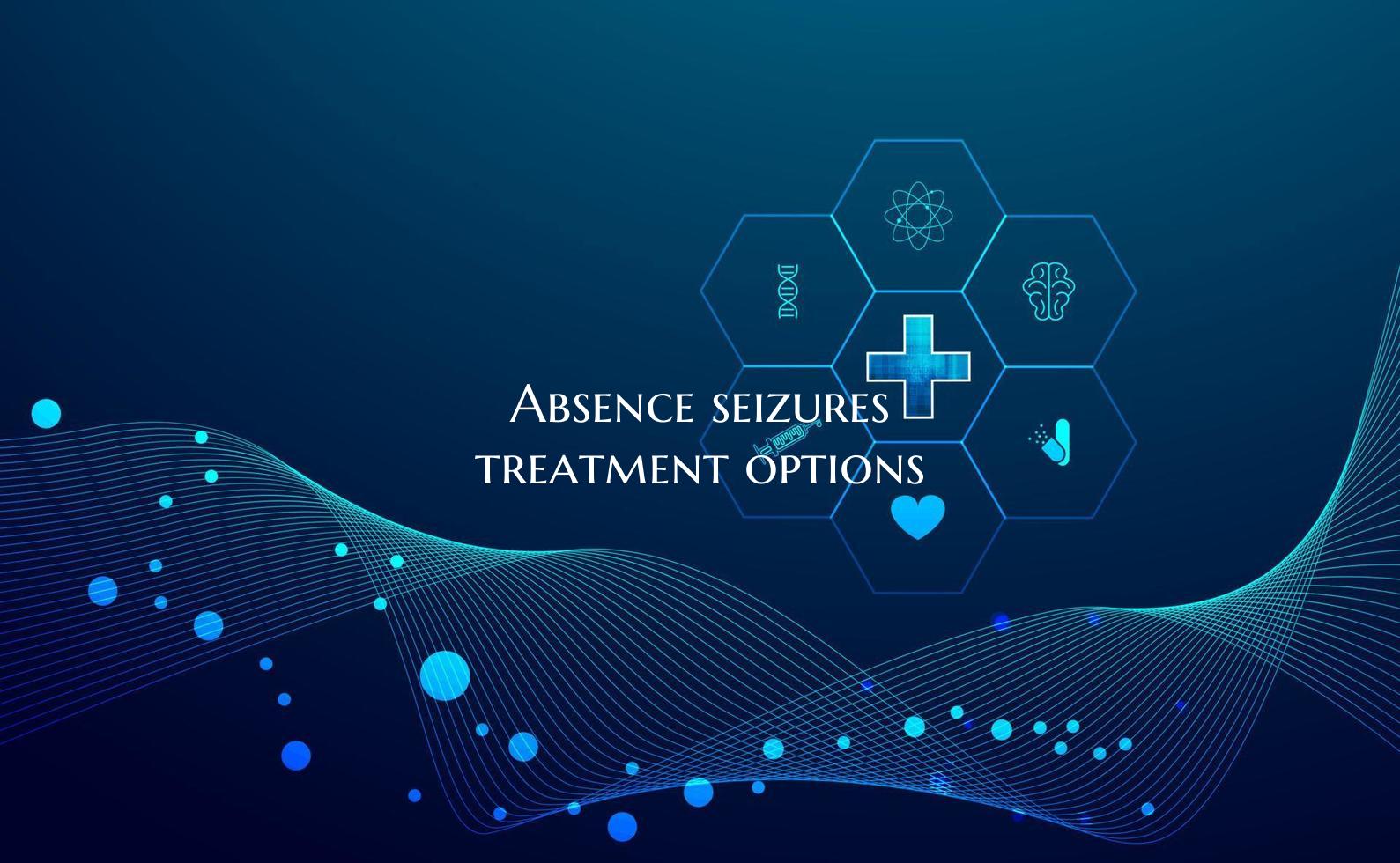
Absence seizures treatment options
Absence seizures, also known as petit mal seizures, are a type of seizure characterized by a brief loss of consciousness. While these seizures may seem mild compared to other seizure types, it is essential to seek proper treatment to manage and control them effectively. There are several treatment options available for absence seizures, which can help improve the quality of life for individuals experiencing these episodes.
1. Anti-seizure Medications: The primary treatment for absence seizures is anti-seizure medications. These medications work by stabilizing electrical activity in the brain, thereby reducing the occurrence of seizures. Commonly prescribed medications for absence seizures include Ethosuximide, Valproic acid, and Lamotrigine. It is crucial to follow the prescribed dosage and frequency to effectively control the seizures.
2. Ketogenic Diet: In some cases, a ketogenic diet may be recommended for individuals with absence seizures, especially if the seizures do not respond well to medication. This high-fat, low-carbohydrate diet can help reduce seizure frequency and severity in some people by forcing the body to use ketones for energy instead of glucose.
3. Vagus Nerve Stimulation (VNS): VNS therapy is another treatment option for individuals with absence seizures who do not respond well to medications. This treatment involves implanting a small device under the skin that sends electrical impulses to the vagus nerve, which can help reduce seizure activity.
4. Responsive Neurostimulation: Responsive neurostimulation is a newer treatment option that involves implanting a device in the brain that can detect and stop seizures before they manifest. This personalized approach to seizure management is particularly beneficial for individuals with drug-resistant absence seizures.
5. Lifestyle Modifications: Adopting a healthy lifestyle can also play a significant role in managing absence seizures. Getting an adequate amount of sleep, managing stress levels, and avoiding potential seizure triggers can help reduce the frequency of seizures.
6. Behavioral Therapies: In some cases, behavioral therapies such as biofeedback or relaxation techniques may be beneficial in managing stress and anxiety, which can sometimes trigger seizures.
It is essential for individuals experiencing absence seizures to work closely with their healthcare providers to determine the most effective treatment plan for their specific situation. By exploring the various treatment options available and making necessary lifestyle modifications, individuals with absence seizures can better manage their condition and improve their overall quality of life.